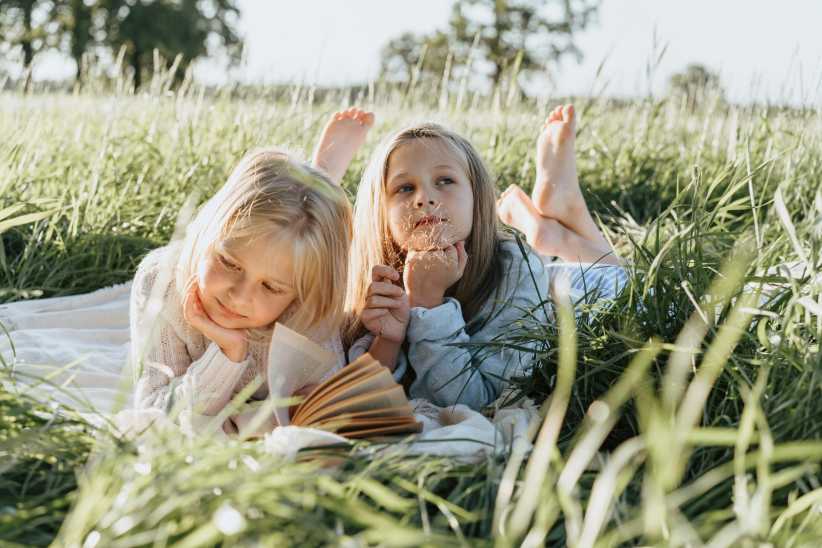I found a pediatrician that I trust for my soon-to-be-born infant. I planned on following all of her advice about immunizations, but a friend is now telling me to avoid immunizing my baby because of risks of autism, sudden infant death syndrome, and other disorders and illnesses that have been linked to vaccines. What should I do?
The growing trend of avoiding routine immunizations for children is based on unsubstantiated myths, conspiracy theories, and debunked research — and it poses an unnecessary (and in some cases, life-threatening) risk to children, as well as to family, friends, and communities.
The impulse to second-guess the need for childhood immunizations is understandable. Vaccines can be painful. In rare instances, they can lead to fever, allergic reactions, or other temporary illnesses. And of course, no one enjoys seeing his or her baby stuck with a needle! However the benefits of immunizing your child and sticking to the vaccination schedule far outweigh the comparatively microscopic — and in some cases non-existent — risks.
Though there have always been unfounded theories that immunizations have long-term negative effects, the notion that vaccines were dangerous really caught on in 1998 with a study published by British medical researcher Andrew Wakefield. In it, Dr. Wakefield concluded that the routine measles, mumps, and rubella (MMR) vaccine was a possible cause of autism. Subsequent studies failed to reproduce or confirm Dr. Wakefield’s hypothesis, and it eventually surfaced that lawyers had paid Dr. Wakefield to conduct the study to lend credence to lawsuits against MMR vaccine manufacturers. In 2010 the paper that originally published the study issued a retraction. Unfortunately that hasn’t stopped the autism myth from sticking.
The Centers for Disease Control recommends a number of immunizations for infants in their first year of life. Those include the hepatitis B vaccine, diphtheria, tetanus, pertussis (whooping cough) (Dtap) vaccine, polio vaccine, and measles, mumps, and rubella vaccines. It is estimated that, worldwide, immunizations for those illnesses alone save more than three million lives per year. Getting your child vaccinated also protects your community from outbreaks of dangerous diseases. Though immunizations drastically reduce the risk of contracting an illness, they rarely eliminate that risk entirely. That means that if a child contracts the measles she will poses a risk to everyone around her, even those who have responsibly kept up with an immunization schedule.
As a parent you’ll find that there’s no shortage of things to worry about when it comes to your child, but vaccines should not be among them. By keeping up with your child’s immunization schedule, and refusing to fall prey to the latest rumors about the dangers of vaccinations, you will ensure that your child has the best shot at a healthy life.






















